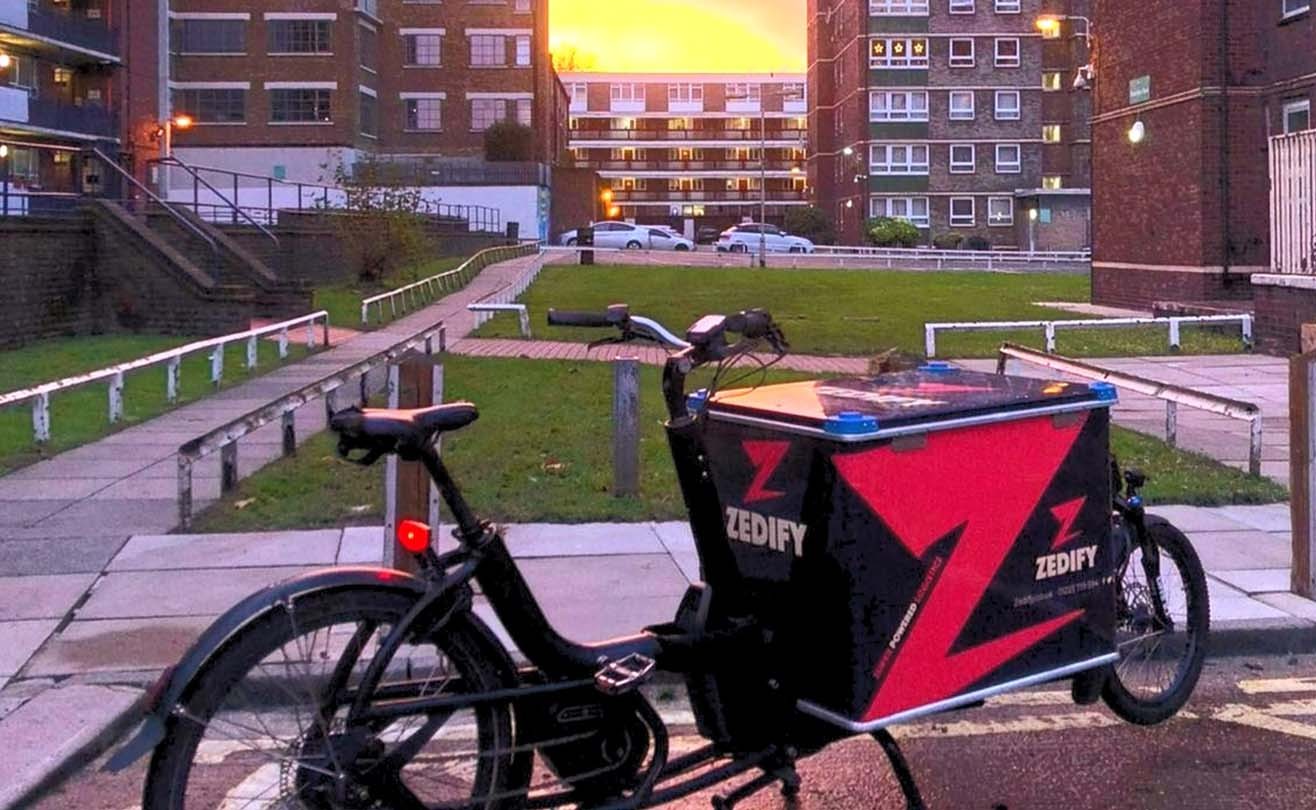
ULEZ:Ifwedon’trestrictdieselvans,whatwillhappen?
 September 7th, 2023
September 7th, 2023 Bex Young
Bex Young 3 minute read
3 minute readULEZ: it’s getting controversial
We’ve all probably heard a lot about the Ultra Low Emission Zone (ULEZ) recently – the overarching scheme that aims to cut carbon emissions in London by imposing restrictions on drivers.
The overall aim for ULEZ is to reduce the number of high-emission cars driving within it. So, if your vehicle doesn’t meet ULEZ criteria and isn’t exempt, you’ll need to pay £12.50 a day to drive within the zone. This applies to a variety of vehicles, including motorbikes, minibuses, and of course – vans.
While ULEZ has been successful in doing what it says on the tin, it’s not been without controversy. Some say it’s not a fair cost to add on to families and small businesses that now need to pay to use their older vehicles or invest in a vehicle that does meet the regulations. There’s some research which puts across an argument that diesel vans actually emit less pollution than their petrol alternatives, as the RAC suggested in 2018.
However, the RAC found in the same report that diesel vehicles emit more nitrogen oxides (NOx) – the harmful particles that are horrifically detrimental to human health. The presence of NOx in the environment has even been attributed by DEFRA to a changing substance of soil and a negative impact on biodiversity.
This is why ULEZ and other clean air zones are important.
Without ‘drastic’ measures such as these, we’re looking at an increase in NOX and a grim future for our health in cities. So what do the potential savings look like?
How much NOX can be saved with green deliveries?
Last year Zedify saved 327kg of NOx – we worked this out by comparing our model which uses cargo bikes with like-for-like journeys made by diesel vans.
The Cross River Partnership investigated NOx and found that cargo bikes travelling at 80km in a day save 14.1g of NOx on an annual basis when compared to a diesel van.
How much carbon is saved using cargo bikes for last mile deliveries?
A typical Mercedes E Sprinter panel van will emit 208g of CO2 per kilometre, with 63g of these emissions used to charge a typical battery for the van. By comparison, Zedify’s delivery service saved 278 tonnes of CO2 last year, and every delivery made by cargo bike in 2022 saved 350 grams of carbon.
With the planet on course to set its warmest monthly temperature of all time, it is more essential than ever that last mile deliveries make the transition to low -carbon models.
Saying goodbye to diesel vans for good is certainly a good way to start.




